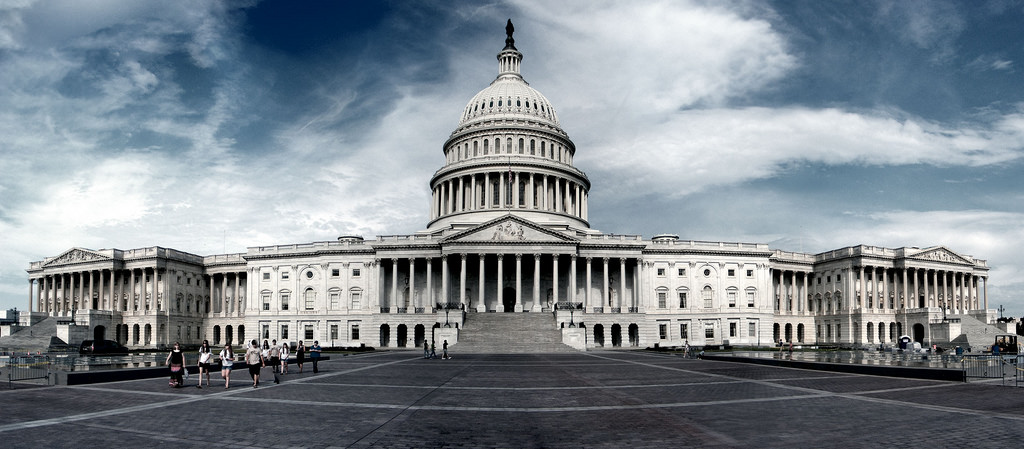The House Appropriations Committee on Friday passed the Department of Homeland Security (DHS) funding bill for Fiscal Year 2023, as part of the year-over-year process that Congress undertakes to fund the government. Although the bill contains several pro-immigrant measures, much of that progress was overshadowed by a successful last-minute amendment targeting asylum. The amendment would force DHS to continue expelling migrants under Title 42 until 180 days after the COVID-19 national emergency expires—something which may not occur for years to come.
Appropriations Committee passes pro-Title 42 amendment
Republican Congressman Dan Newhouse’s amendment declares that DHS cannot spend any funds on processing noncitizens under normal immigration laws if the person “would have been” subject to Title 42 until 180 days after the COVID national emergency expires.
Although Rep. Newhouse described this amendment as simply extending Title 42, the reality is more complicated. Because Title 42 is a Centers for Disease Control and Prevention authority, the DHS funding bill cannot affect Title 42 itself. The amendment instead defunds normal border and asylum processing.
Despite Appropriations Chairwoman Roybal-Allard speaking in opposition to the amendment, it passed on a voice vote. Not a single member of the Committee openly voted “no” on the amendment. As a result, the amendment made it into the final DHS funding bill, which was later approved by the Committee.
Importantly, just because the amendment made it into the bill does not necessarily mean it will become law. The DHS funding bill is often the most controversial of the 12 bills necessary to fund the federal government, and in recent years Congress has often failed to pass the bill. Instead, DHS – and much of the rest of the federal government is funded through what is referred to as a continuing resolution which is a short-term measure that maintains the prior year spending levels and priorities.
If the amendment ever did make it into law, it could cause enormous problems at the border. For example, once the CDC terminated Title 42, DHS officials would have no authority to continue carrying out expulsions. But under this amendment, they could also not process migrants under normal immigration laws.
That could mandate complete chaos at the border, where DHS officials would be unable to apply either Title 42 or normal immigration laws.
Positive reforms in other portions of DHS funding bill
Despite the terrible message sent by the Title 42 amendment, the rest of the DHS funding bill had several positive provisions for immigrants. On immigration enforcement, the bill would limit the number of people who could be held in ICE detention to 25,000, the lowest level in years and more than 25 percent drop from FY 2022 levels. ICE would also be given $40 million to improve access to phones for people held in detention, and an additional $20 million for “enhancing legal access” in detention centers.
The bill would also fund environmental remediation for the border wall, provide $100 million to funding border surveillance technologies, and give $50 million to Customs and Border Protection for non-intrusive inspection technology at ports of entry.
The DHS funding bill also makes a number of positive changes to the legal immigration system. Amendments which passed on Friday would exempt children granted Special Immigrant Juvenile Status from visa caps, eliminating a growing backlog. A separate amendment would recapture hundreds of thousands of employment- and family-based green cards which have gone unused over the last 20 years. It would also allow Diversity Visa applicants who were denied under the Trump administration due to travel bans to have a second chance at coming to the United States.
Unfortunately, the impact of all these positive changes was muted by the decision of the committee to approve the amendment on Title 42. Targeting asylum seekers and continuing one of the most horrific policies created by the Trump administration will not make the border safer. The message the committee sent on Friday was one in support of Title 42, at a time when the right to asylum is under historic attack. Hopefully, the House of Representatives will reconsider this amendment before passing any final DHS funding bill this year.
FILED UNDER: House Appropriations Committee, Title 42


